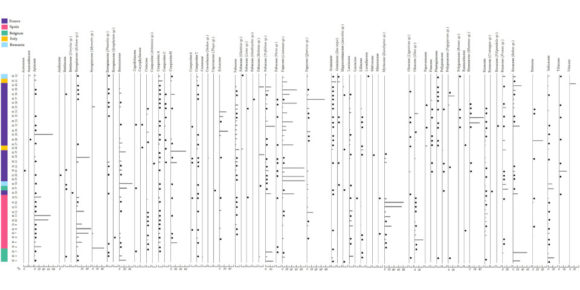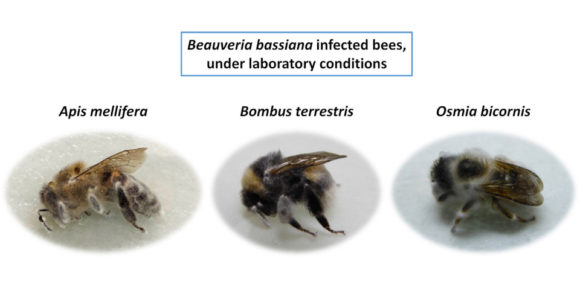Biologically active extracts from different medicinal plants tested as potential additives against bee pathogens
Abstract Honey bees (Apis mellifera) perform pollination service for many agricultural crops and contribute to the global economy in agriculture and bee products. However, honey bee health is an ongoing concern, as illustrated by persistent local population decline, caused by some severe bee diseases (e.g., nosemosis, AFB, EFB, chalkbrood). Three natural recipes are in development…








